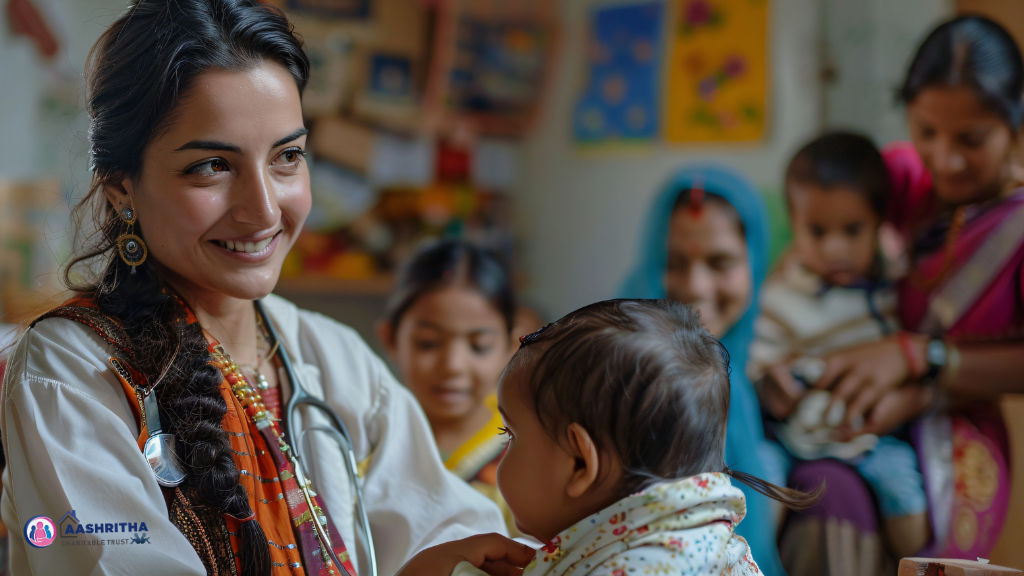Maternal health remains one of the most urgent yet overlooked healthcare challenges in rural India. Despite advances in urban healthcare, thousands of women in villages still face pregnancy complications, inadequate nutrition, and lack of access to skilled care — leading to high maternal mortality and poor health outcomes for newborns.
This is where Corporate Social Responsibility (CSR) can play a crucial role. By investing in maternal health initiatives, companies can help create safer pregnancies, healthier babies, and stronger communities.
Why Maternal Health Needs Attention in Rural Areas
1. High Maternal Mortality Rates
According to government data, India’s maternal mortality ratio (MMR) has reduced to 97 per 100,000 live births (2020), yet rural regions still record significantly higher numbers due to limited access to quality care.
2. Nutritional Deficiencies
More than half of pregnant women in rural areas are anemic and lack access to proper nutrition, leading to complications such as preterm births and low birth weight.
3. Lack of Healthcare Infrastructure
Many villages lack basic health facilities and trained professionals, forcing women to rely on unskilled birth attendants or travel long distances for medical help.
The Role of CSR in Improving Maternal Health
1. Mobile Medical Units and Health Camps
CSR-funded mobile clinics and health camps can bring antenatal check-ups, ultrasound services, and essential medicines directly to remote areas.
2. Nutrition and Supplement Distribution
Companies can support the distribution of iron-folic acid tablets, protein supplements, and hygiene kits to pregnant women, addressing critical nutritional gaps.
3. Community Education
Awareness programs on maternal nutrition, safe delivery practices, breastfeeding, and postnatal care help empower women and families to make healthier decisions.
4. Infrastructure and Capacity Building
CSR investments can support the construction of rural maternity wards, training of local midwives, and strengthening of community health worker networks.
Government’s Emphasis on Maternal Health through NGOs and CSR
Recognizing the importance of maternal health, the Government of India has promoted partnerships with NGOs and encouraged companies to focus CSR initiatives on maternal and child health under programs like the National Health Mission and POSHAN Abhiyaan. This alignment ensures CSR contributions are impactful and complement national strategies to reduce maternal and infant mortality.
Aashritha’s Work in Maternal Health
At Aashritha Charitable Trust, we believe every woman deserves a safe and healthy pregnancy. Our programs include:
- Regular maternal health camps providing prenatal check-ups and nutritional supplements.
- Distribution of medical kits to support safe deliveries and postnatal care.
- Health education workshops to raise awareness in rural communities.
- CSR collaborations to expand services to more villages and reach more mothers.
Together with our corporate partners, we aim to reduce maternal mortality and improve community health outcomes across rural India.
Conclusion
Supporting maternal health through CSR initiatives is a powerful way for companies to create meaningful social impact while contributing to India’s development goals. By working alongside NGOs and government programs, businesses can help ensure that no woman is left behind, regardless of where she lives.
👉 Partner with Aashritha Charitable Trust to invest in maternal health and transform the lives of women and children in rural India. Your support can build healthier families and stronger communities, one mother at a time.
Also Read: CSR in Action: Why Companies Should Invest in Rural Medical Camps





